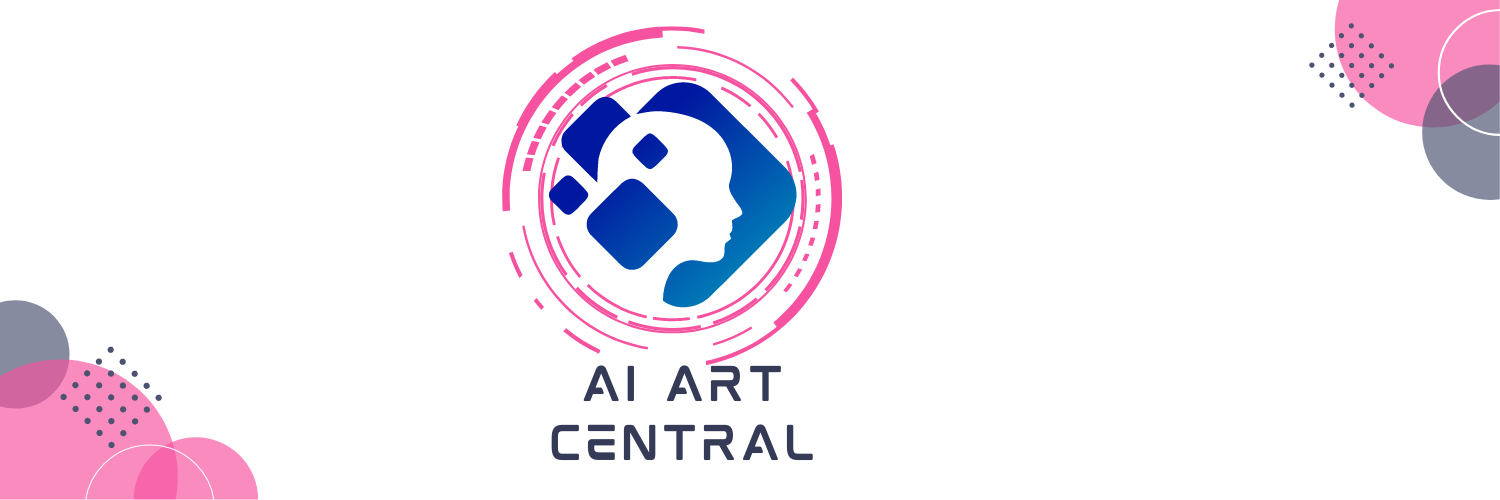Human Artist Vs Ai Artist
The Human Artist Vs Ai Artist debate is not a black and white debate, but rather a discussion of ethical concerns regarding the use of artificial intelligence as an artist. The issue of attribution of artist identity to AI art is an important one, particularly when it comes to creating works of art. There are also legal implications to consider.
Art engines that impersonate artists
Art engines that impersonate artists are becoming more sophisticated, with new techniques that can create highly accurate images. Many of these AI programs are based on neural networks, which mimic the structure of the biological brain. These networks contain nodes that signal each other and learn from experience. They are capable of producing a wide range of images, from simple cartoons to complex photorealistic images.
Issues of attribution of artist identity to AI art
The emergence of AI art has prompted artists to engage with issues of creative agency, authorship, and intellectual property. These themes have long been central to modernism and the modernist movement, but the use of computational tools by artists has only recently surged in popularity. This interest is most likely a result of the novelty of Deep Learning (DL) and specific informational effects. However, attribution of artist identity is also complicated by issues of anthropomorphism.
AI art is a complex, self-referential form of creation. Many works rely on circular, tautological concepts based on ML technologies. In addition, popular representations of AI art emphasize the pseudo-romantic quest for a human-flavored “essence” within ML systems. Ultimately, however, AI systems are simply sophisticated tools for statistical analysis.
In the case of attribution of artist identity to AI art, researchers have demonstrated that participants preferred paintings created by AI to paintings created by human artists. However, the researchers suggest that this is consistent with the uncertainty-identity hypothesis, in which participants have difficulty discerning the artist’s identity and resort to cultural identity as a heuristic for assessing art.
In a recent study, researchers tested the impact of AI-generated paintings on people’s liking, purchase intention, and collection intention for paintings. Their results showed that AI art produced by Chinese style paintings was preferred by Chinese participants over those created by foreign artists.
Legal implications
Artificial intelligence (AI) is being talked about as the next big artistic wave, but concerns are being raised about its potential to replace humans as artists. For example, some people have complained about the recent digital plagiarism case involving Woody Allen, a famous actor and artist who used an AI program to create a piece of art that would have taken him hours to do by hand. However, Derek Curry, an artist and founder of Spawning, believes that AI technology is still too limited to completely replace human creativity.
However, this legal issue isn’t as black and white as it may appear. The US Copyright Office has refused to grant copyright to AI-created artwork, citing a requirement of human authorship. Meanwhile, the AI’s creator believes he should be able to claim copyright over the AI’s work, and the issue isn’t likely to be resolved soon.
Artists are increasingly using AI, and this development raises fascinating legal questions that may require new legislation. Some of these questions involve copyrights and subsistence, which will most likely be resolved over time. However, it’s unlikely that machines will ever have rights of their own.
Even if AI generated artwork resembles the claimant’s work, it’s difficult to prove the artist’s right to it. A claimant must demonstrate both subsistence and title, and must sue the correct human or corporate defendant. While AI generated works aren’t explicitly protected under copyright laws, they can have a significant impact and even be used to create posters, logos, and magazine covers.
